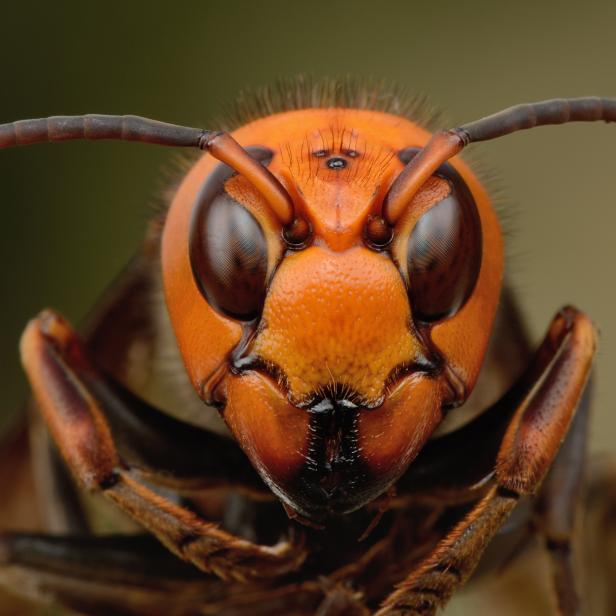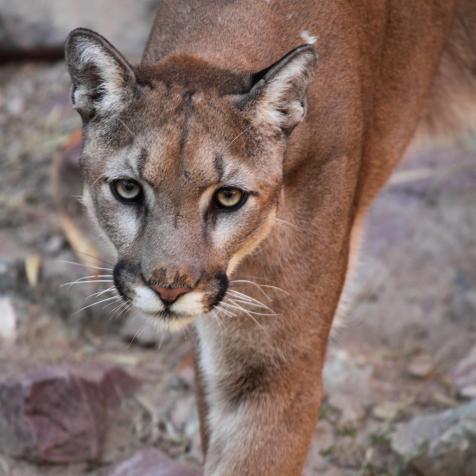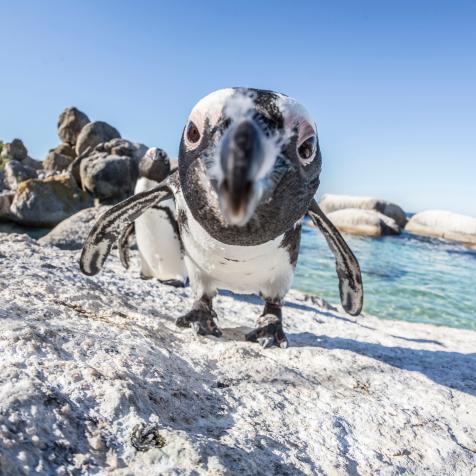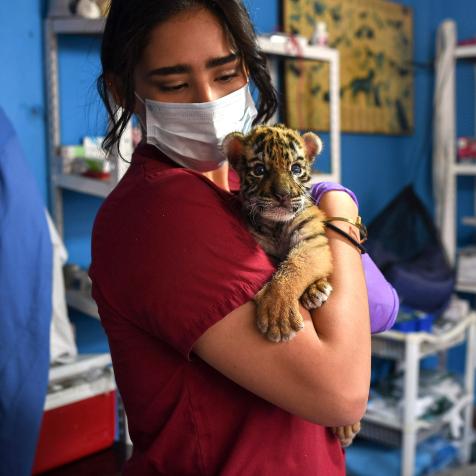
Photography by Shin.T
Murder Hornets Invade the US
For my next trick, says 2020, may I introduce you to… Murder Hornets! Spotted in the Pacific Northwest for the first time, these giant hornets put our ecosystem at risk.
Bees are in danger, but not in the way you think. In just one year, beekeepers lost over 40 percent of their colonies to a variety of threats. From mites to pesticides, it is a constant battle to keep bees alive. Now, new predators have entered the country that not only affect bees, they are a danger for humans too.
Native to Japan, the Vespa Mandarinia, or commonly known as the Asian giant hornet, has been seen in the US for the first time. These 2-inch long flighted creatures are a massive problem for our ecosystem. Entomologists worry that the invasion of these speedy hive-killing creatures will decimate the already dwindling bee population. Beyond that, these guys have stingers that can puncture a bee suit and in Japan alone, they are the cause of death for fifty people a year!
Coyote Peterson from Animal Planet's BRAVE THE WILD is no stranger to these beasts. Watch what happens when he is at the receiving end of one of those man-killing stingers!
Beekeepers and entomologists are looking for a way to stop these murderers before they make a big impact. But in the meantime, keep your eyes peeled because you don’t want to experience the tail end of one of these. Coyote Peterson told GMA, “If you can imagine getting yourself into a scenario where somehow Mike Tyson was able to take an open shot right at your jaw, that is kind of what it feels like…”
Luckily, they have only been spotted in the Pacific Northwest and Canada, but if you do come in contact with one or many: Run the other way, they are fast, but you are bigger.
Watch full episodes of COYOTE PETERSON: BRAVE THE WILD on Animal Planet GO.


















